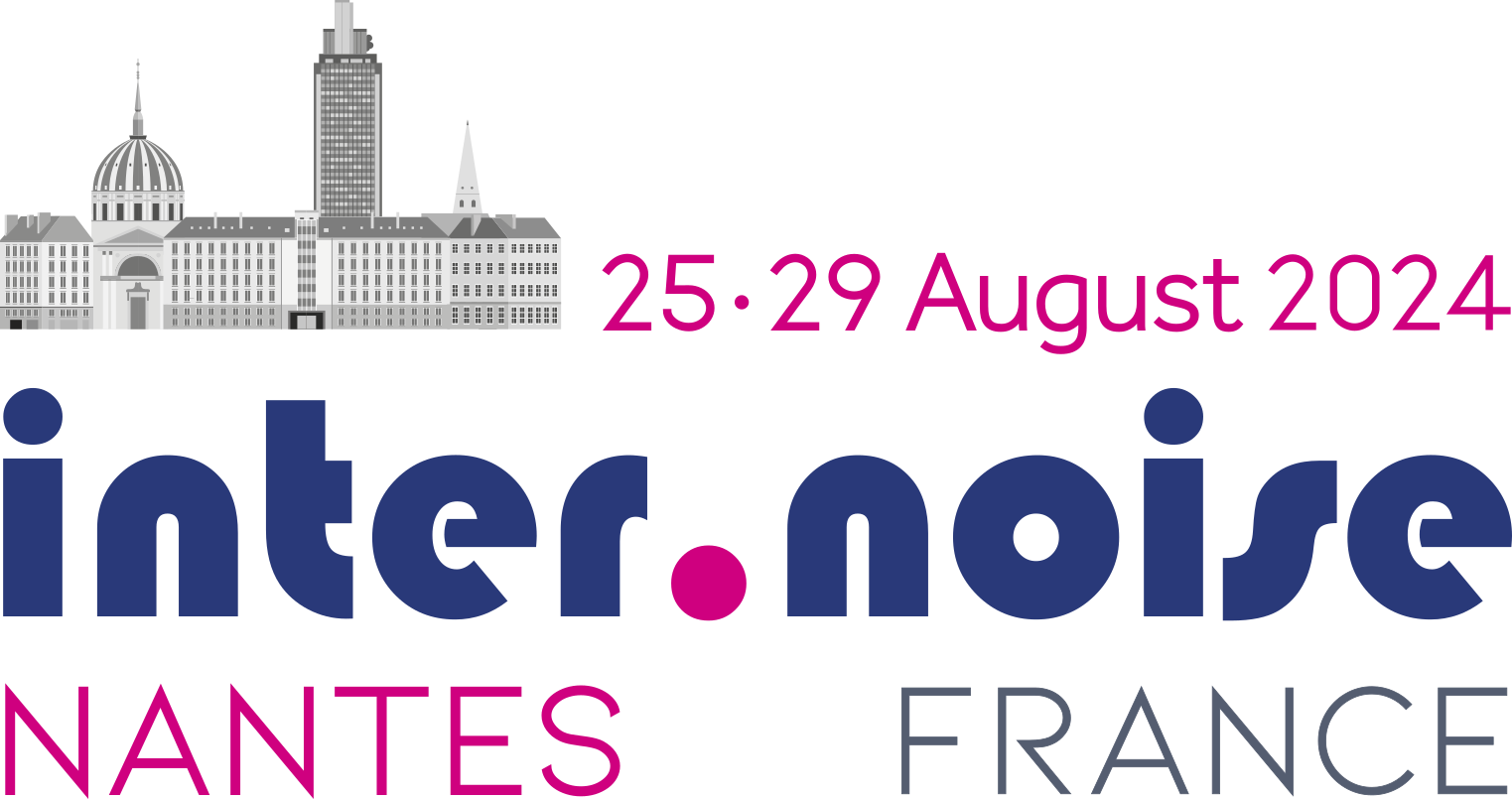Nantes, Frankreich / 25. August 2024 - 29. August 2024
Inter-Noise 2024
53rd International Congress & Exposition on Noise Control Engineering

53rd International Congress & Exposition on Noise Control Engineering

Der 53. International Congress and Exposition on Noise Control Engineering findet vom 25. bis 29. August 2024 in Nantes, Frankreich statt.
Jakob Abesser und Sebastian Stober (Universität Magdeburg) organisieren die Technical Session „Machine Learning for Acoustic Scene Understanding“. In der Session werden insbesondere Beiträge zur Analyse von Umweltgeräuschen vorgestellt und diskutiert. Dazu gehören zum Beispiel die Erkennung von Schallereignissen und die Klassifikation von akustischen Szenen sowie praktische Herausforderungen bei Anwendungen der akustischen Überwachung wie der industriellen Audioanalyse, dem städtischen Lärmmonitoring und dem bioakustischen Monitoring.
Mittwoch, 28.8.2024, 14.00 Uhr, Raum I
Presenter: Saichand Gourishetti
In industrial extrusion processes, a solid material is pressed through a die to obtain products of the desired shape and dimension. Fluctuations in the process parameters have a significant impact on the product quality. In food extrusion, the expansion noise at the die may serve as an indicator of the stability of the process. This study employs microphones to characterize the corn extrusion process, focusing on correlating acoustic emissions with process parameters such as feed intake and water content. Employing a convolutional neural network with audio features in log Mel spectrograms yields promising accuracies above 90% in discriminating between standard and non-standard process parameters in laboratory and industrial environments. However, a comprehensive dataset and additional pre-processing methods, such as adaptive normalization, are essential to generalize unseen environments. The proposed acoustic quality control approach can potentially enhance the stability of extrusion processes and contribute to the development of automated monitoring systems in food extrusion. This ensures consistent quality and reduced rejects, ultimately leading to significant cost savings in production.
Session 3.4.: Artificial Intelligence and Machine Learning for Diagnosis in Acoustics & Vibration
Monday, August 26, 2024, Room GH
Presenter: Saichand Gourishetti
Deep audio representations, also known as embeddings, recently became a popular alternative to conventional features like spectrograms for a wide range of audio classification tasks because of their domain-agnostic character and reduced training costs. Still, the usage is often limited to rather computationally intensive system due to the nature of their extraction from large networks. This paper aims to minimize the computational costs of embedding extraction by distilling the knowledge of the OpenL3 audio network to a smaller student network. Results show that the student network maintains comparable performance as the teacher network on various music and ambient noise classification tasks, while reducing the network size by over 90% and the computational load by five times.
Session 5.0.: Signal Processing, Reproduction & Diagnostics: General
Wednesday, August 28, 2024, Room GH